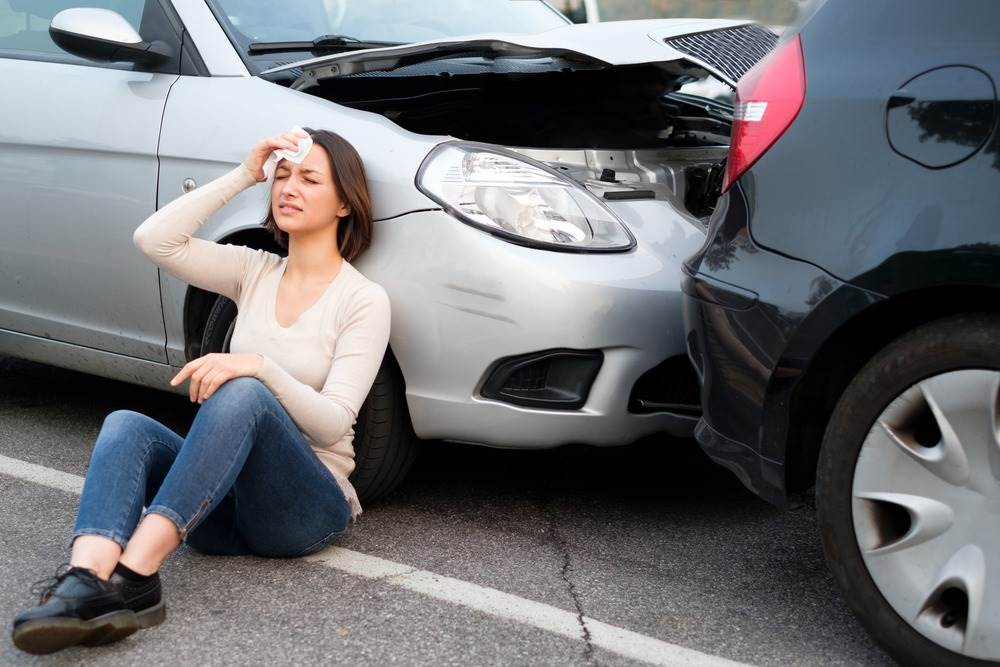Getting into a car accident is never a pleasant experience, but navigating the aftermath can be even more stressful. One particularly tricky situation arises when you hit an illegally parked car. Determining who is at fault in these incidents can be complex and depends on a variety of factors. This article will delve into the legal nuances surrounding if you hit an illegally parked car who’s at fault, exploring the responsibilities of both parties involved and the steps you should take to protect yourself.
This article will outline the legal implications of hitting an illegally parked car, discuss the factors that influence fault determination, and provide guidance on handling insurance claims and potential legal repercussions.
Hit and Run Accidents
In the unfortunate event of a hit-and-run accident involving an illegally parked car, the situation becomes even more complicated. If the driver who struck the parked car flees the scene, they are committing a crime and face additional legal consequences.
Leaving the scene of an accident, regardless of fault, is illegal and can result in fines, license suspension, or even jail time. If you witness a hit-and-run, it’s crucial to report it to the police immediately and provide any information you have about the fleeing vehicle.
Determining Fault

Generally, the driver who hits an illegally parked vehicle is considered at fault, even if the parked car was obstructing the road. This principle stems from the idea that drivers have a duty to operate their vehicles safely and with reasonable care.
However, several factors can influence the determination of fault in these situations:
- Visibility: If the illegally parked car was obscured by darkness, poor weather conditions, or other obstructions, the driver who hit it may not be held fully liable.
- Road Conditions: Slick roads, icy conditions, or other hazardous road conditions could contribute to an accident, potentially reducing the driver’s culpability.
- Driver Actions: Speeding, distracted driving, or driving under the influence can significantly increase a driver’s liability, even if an illegally parked car was involved.
Illegal Parking Liability
While the driver who hits an illegally parked car is generally at fault, the owner of the illegally parked vehicle may also share some liability.
This is particularly true if the illegally parked car posed a significant hazard to traffic. For example, if a car was parked directly in the middle of a narrow road, obstructing oncoming traffic, the owner could be held partially responsible for any resulting accidents.
Driver Responsibility

Regardless of the circumstances surrounding an accident with an illegally parked car, the driver who caused the collision has a responsibility to:
- Stop immediately: It is illegal to leave the scene of an accident, regardless of fault.
- Check for injuries: Ensure the safety of all involved parties and call for medical assistance if necessary.
- Exchange information: Obtain the contact and insurance information of the other driver(s) involved.
- Report the accident: Contact the police and your insurance company to report the incident.
Insurance Claims
After an accident involving an illegally parked car, both drivers will likely file insurance claims.
The insurance company will investigate the incident, gather evidence, and determine fault based on the available information. The driver deemed at fault will be responsible for covering the costs of damages to the other vehicle(s) involved, as well as any medical expenses or other related costs.
Conclusion
Accidents involving illegally parked cars can be complex and emotionally charged. Understanding the legal implications and responsibilities of all parties involved is crucial for navigating the aftermath effectively. Remember to prioritize safety, follow legal procedures, and cooperate with both the police and your insurance company to ensure a fair and just resolution.



